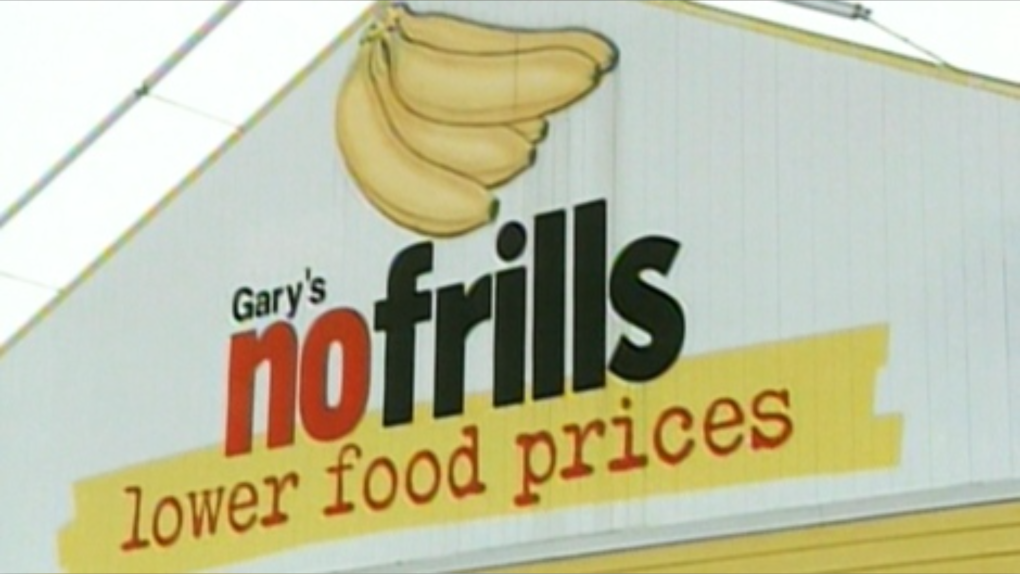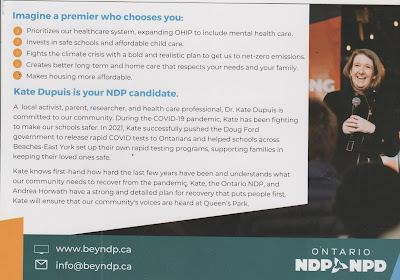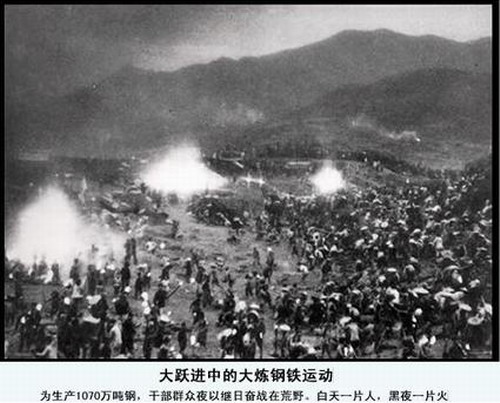Jagmeet Singh and the NDP organized a boycott of Loblaw’s supermarkets for the month of May, in protest over high prices and “corporate greed.”
This made little sense on many levels, and much sense on none.
Why Loblaw’s? Its profits were lower than those of some other chains.
Then the Conservatives uncovered the fact that Singh’s brother was a lobbyist for a competitor.
The standard evidence of Loblaw’s price gouging was that prices on comparable products were lower at Dollarama.
But if so, why boycott? Just buy at Dollarama.
And attributing the rise in prices to “corporate greed” is anthropomorphising a corporation. Can an abstract concept or mechanism feel greed? This, from the side of the aisle adamant that corporations are not persons.
As for greed from individuals, the free market is our protection against it. Raise your prices, and your competitor takes your business. Greed bankrupts you. The places where greed has free rein, and where we need to worry about it, are those not held in check by competition: government bureaucracies, the professions. In sum, the Liberal and NDP constituencies. Making this talk of “corporate greed” look like cynical misdirection.
In other news, the Red Lobster chain has just gone under. At the same time, complaints are rising at the high cost of fast food. “Ordinary people just can’t afford to eat out any more.” Wendy’s is in trouble for trying to introduce “variable pricing,” lowering the price of their meals at slower times of the day. Apparently there is something unfair about this. Everyone should always pay the same price. And again we hear this all framed as a fight against “corporate greed.”
No doubt the rising cost of ingredients is a part of this. In Canada, the carbon tax is also forcing up the cost of everything. But the same thing is happening in the US; and the rising cost of ingredients should hit home cooking as much as restaurant dining.
The real story is that the fast food chains, and midrange restaurants, are being priced out of their market by the rise in the minimum wage. Anyone could have seen that coming. We are, as a result, by and large going to lose the convenient option of grabbing a quick meal on the go. Main streets and malls everywhere, already emptying out due to the move of consumers to shopping online, are going to lose their last potential tenants and revenue stream, restaurants. And huge numbers of workers, especially young people on their way up, are going to lose their jobs and their future.
As always, hardest hit will be the poor. The children of the well-off can go to university or community college and be qualified for jobs immediately on graduation. But those who cannot afford higher education enter the market with no skills. They must learn on the job and work their way up. They need these low-paying entry-level jobs. Now what? A life on welfare?
Are there any honest souls on the left?
Or do they really just not understand economics?































.png)

